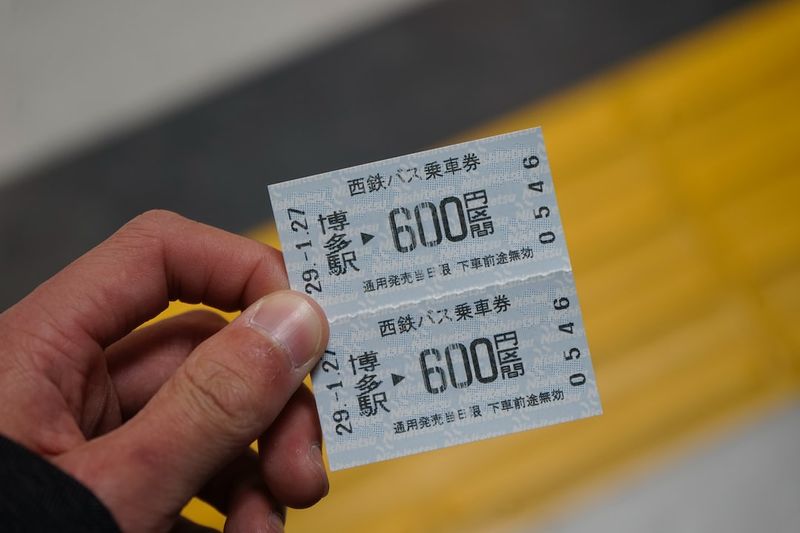No one won Saturday’s Powerball as jackpot rises to $650 million
The allure of the lottery
The Powerball jackpot has soared to a staggering $650 million after no one claimed the grand prize in Saturday night’s drawing. As the anticipation builds, millions of Americans are dreaming of what they would do if they won such a vast sum of money. Imaginations run wild with thoughts of luxurious vacations, early retirement, fancy houses, and extravagant boats.
But the lottery goes beyond mere fantasies of wealth. It serves as an age-old mechanism for raising money for governments, dating back as far as the 15th century. The precise origins of the lottery remain somewhat mysterious, with varying accounts attributing its use to financing the construction of the Great Wall of China or funding city repairs under Roman Emperor Caesar Augustus. In Europe during the 1400s, the lottery was utilized to raise funds for various projects, including the construction of defensive walls.
The word “lottery” itself derives from the Dutch word “lot,” meaning fate. The concept migrated to the United States, where it was employed to support the British colonization of Jamestown in the colonial period. Over time, lotteries evolved, resembling more of a raffle system than the modern-day games we are familiar with. Tickets could be expensive, prompting people to buy shares of a ticket rather than the whole amount.
However, not everyone embraced the idea of lotteries. During the second Great Awakening in the 1820s and 1830s, there was a moral backlash against gambling, and several states outlawed lotteries. Although they briefly made a comeback after the Civil War, by the late 1800s, only one state lottery remained legal in the country, the notoriously corrupt Louisiana State Lottery. This lottery spread its influence through bribery and was seen as a symbol of evil.
In 1890, Congress took action and banned interstate lottery ticket sales, effectively shutting down the last legal lottery in the United States. In the ensuing decades, American sentiment toward lotteries soured. It wasn’t until 1964 that New Hampshire introduced the modern era of state-run lotteries with the New Hampshire Sweepstakes. This modest start paved the way for other states to follow suit. Scratch-off tickets were introduced in Massachusetts in 1974, and four years later, the rollover jackpot concept was born, producing massive winning pots. National games such as Powerball and Mega Millions took the potential winnings to new heights, capturing the imagination of millions of Americans.
It is estimated that about half of Americans play the lottery, and in 2021 alone, they spent over $100 billion in their quest for a shot at the Powerball jackpot. The chances of winning are famously slim, with odds often compared to being struck by lightning, getting attacked by a shark, or achieving two holes-in-one in a single round of golf. Yet, these long odds do not deter the multitude of hopefuls who continue to line up for their chance.
The pursuit of the American dream
What drives people to play the lottery, despite the overwhelming odds stacked against them? The answer lies in the allure of the American dream. Even losing tickets offer value to players, providing them with a few moments, days, or hours to dream of a different life. In a world where economic disparities are deeply entrenched, the lottery represents a glimmer of hope, a chance to transcend one’s circumstances and achieve the life they’ve always desired.
It is this belief in the transformative power of luck that keeps people coming back for more. In a society that often ties success to personal merit and hard work, the lottery offers an alternative narrative – one where anyone, regardless of their background or circumstances, can transcend their limitations and become an overnight millionaire.
However, it is essential to recognize the potential pitfalls of excessive gambling and the deceptive allure of lotteries. While a dollar or two spent on a ticket may seem harmless, for some, the pursuit of the American dream can turn into a destructive cycle of addiction and financial ruin. As with any form of gambling, responsible play and moderation are crucial.
Conclusion
As the Powerball jackpot grows to a staggering $650 million, Americans across the country are dreaming of what they would do if they won. The lottery, with its long history and enduring popularity, is more than just a game of chance. It represents hope, the pursuit of the American dream, and the belief that luck has the power to transform lives. While the odds may be slim, the allure of a better life is a powerful motivator. However, moderation and responsible play must always be emphasized to ensure that the pursuit of the dream does not become a gamble with devastating consequences.

<< photo by Xie lipton >>
The image is for illustrative purposes only and does not depict the actual situation.
You might want to read !
- UFC 290: Dricus Du Plessis Shocks World by TKO-ing Robert Whittaker in Epic Upset
- The Fortunes of Fate: Unearthing Oxnard’s Million-Dollar Mystery
- “The NBA In-Season Tournament: Unveiling Dates, Team Groupings, and the Quest for Midseason Glory”
- “Did Luck Strike? Unveiling the Powerball Winning Numbers for July 8, 2023”
- Why Winning the Powerball Jackpot Could Change Your Life Forever
- “Unlucky Numbers: Mega Millions Jackpot Soars to $450 Million, But No Winner in Latest Draw”




